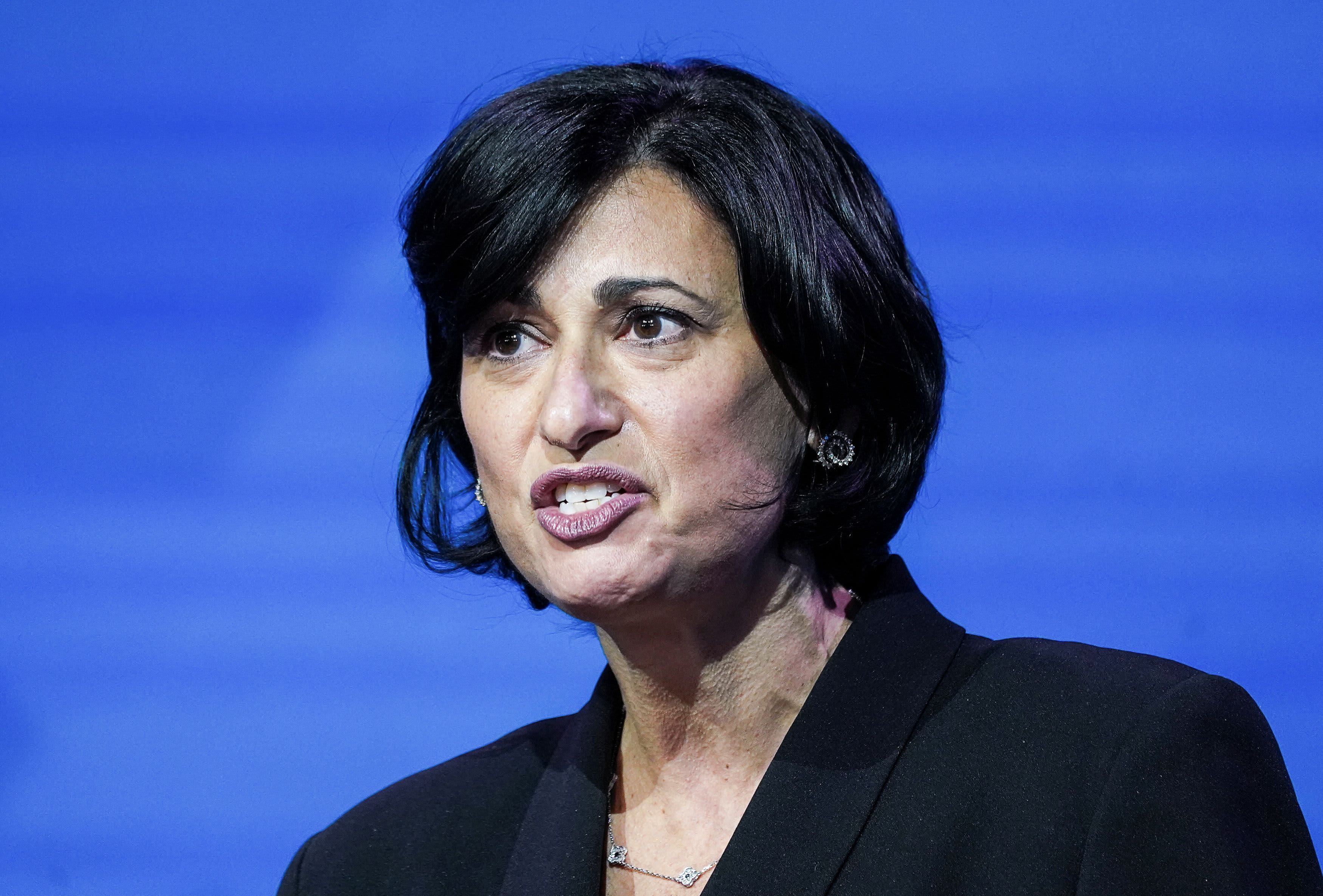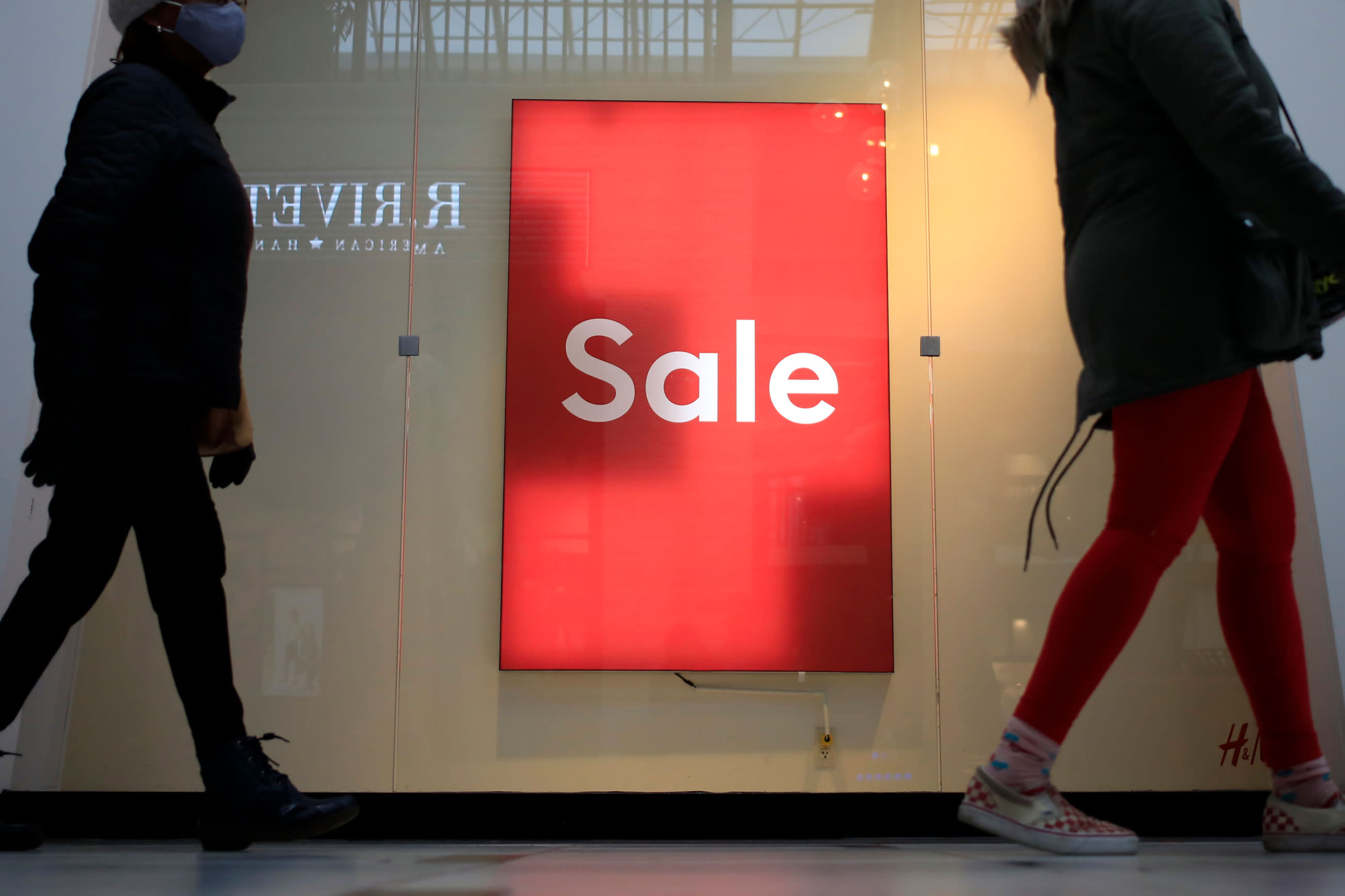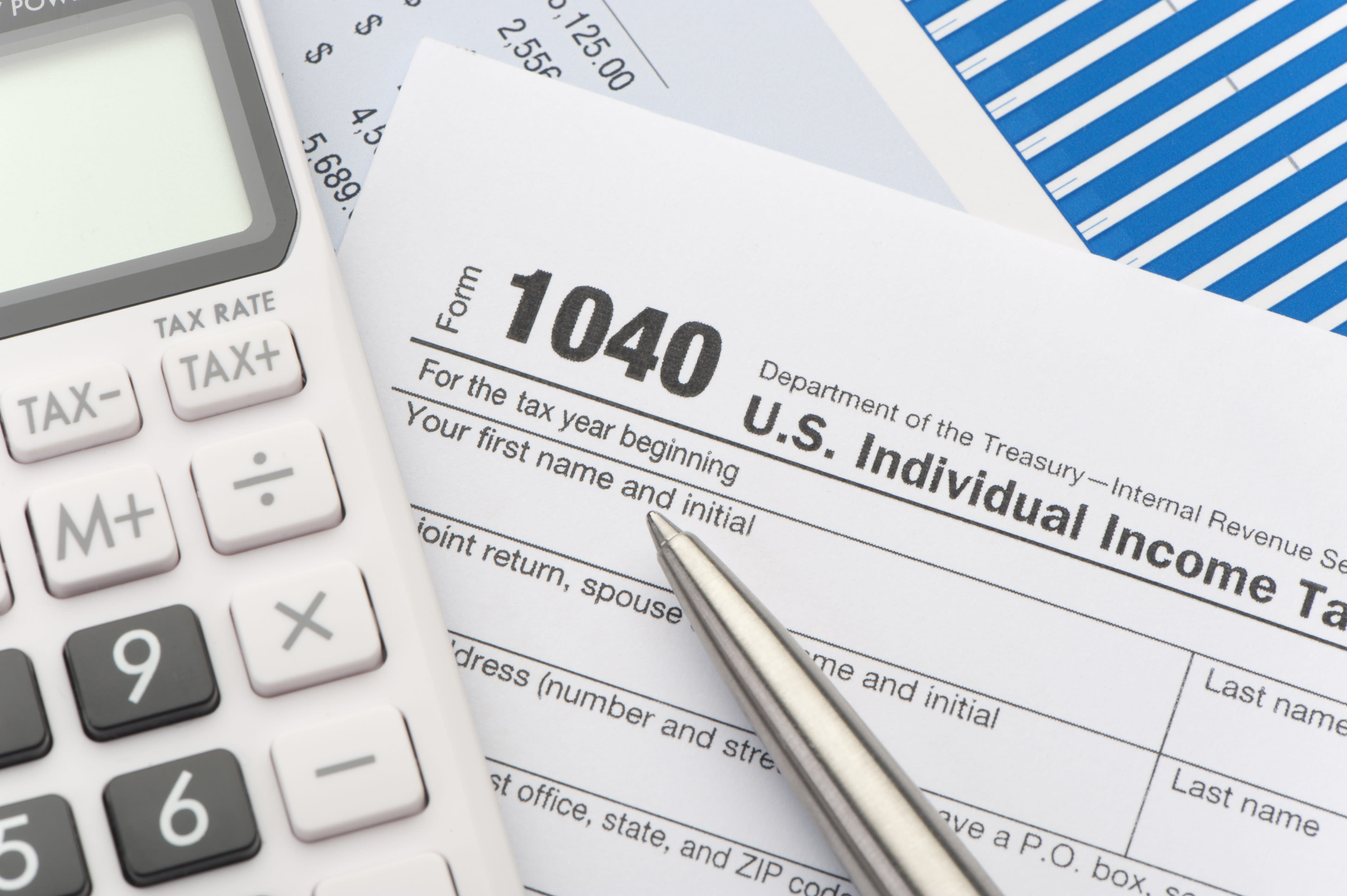What the Data Shows
The number of newly diagnosed cases of COVID-19 has trended up in recent days.
D.C., Maryland and Virginia have each seen increases in the seven-day rolling average of new cases.
D.C. announced on Monday another 112 cases and the death of one person, an 87-year-old woman. Maryland announced 617 more cases and the deaths of seven more people. Virginia announced 735 more cases of the virus and the deaths of 42 more people.
We're making it easier for you to find stories that matter with our new newsletter — The 4Front. Sign up here and get news that is important for you to your inbox.
Local Coronavirus Headlines
D.C. Mayor Muriel Bowser on Monday announced some new reopening guidelines.
Starting March 22, the District will allow some live entertainment to resume. Indoor dining will be kept at 25% capacity, or up to 250 people, but alcohol can be sold at restaurants until midnight. Tables must be six feet apart, with no more than six people per table. Standing at the bar area won't be permitted.
Also next week, professional sports teams will be able to reapply to play and host fans. Bowser said that says as many as 5,000 attendees will be allowed at the Nationals' opening day.
Bowser also announced a new timeline for vaccine eligibility. As of Monday, people in Phase 1B Tier 3 and Phase 1C Tier 1 are eligible to receive COVID-19 vaccinations. This group includes staff working in the courts and people providing legal services, frontline employees of mass transit, U.S Postal Service employees, food service workers and people in several other groups.
This week, thousands of students in both Maryland and Virginia are returning to classrooms.
In Montgomery County, nearly 20,000 students are back in school buildings. Those students are part of group 1.1, which includes kindergarteners through 3rd graders, as well as some students in specific special education programs or specific career and technical programs.
In the city of Alexandria, all hybrid students in pre-K through 12th grade will return to classrooms Tuesday. In Arlington County, students in 7th, 8th and 10th through 12th grades will begin hybrid learning, with two days in-person and two days at home, starting Tuesday.
Meanwhile, the Fairfax County school board will meet Tuesday to discuss their plan to return students to the classroom in person as well.
In Fauquier County, pre-K through 5th grade students have moved to four days a week of in-person learning as of Monday. Secondary students are set to head back in about three weeks, on April 5.
DASH buses in Alexandria have resumed front-door boarding and regular fare collection. The transit system is encouraging riders to us no-contact electronic payment options such as the DASH Bus app and the SmarTrip app or card.
Masks continue to be required for all passengers. Masks must cover both noses and mouths.
Local Headlines
- Maryland courts are moving into a new reopening phase.
- Eligible Marylanders who want a COVID-19 vaccine can now preregister for a shot at a mass vaccination site using a new statewide system.
- The News4 I-Team has been tracking the data and found despite older and medically vulnerable residents being eligible for vaccines for several weeks, 39.9% of the doses administered in the District have still gone to people who don't live there.
- AMC Theatres in Prince George's County will reopen March 19.
- Amid concerns that Maryland isn't distributing vaccines equitably, Gov. Hogan and Prince George’s County Executive Angela Alsobrooks announced that more shots will be set aside at a mass vaccination site for county residents.
- D.C. launched a new vaccine pre-registration system. Here are your questions about it, answered.
- Maryland lifted capacity restrictions on restaurants, bars, religious facilities and gyms March 12, but several safety precautions will remain in place, the governor announced. Montgomery and Prince George's counties each announced their own rules.
- Other than supply, equity continues to be one of the biggest issues plaguing the rollout of the COVID-19 vaccine in Maryland.
- A story to make you smile: A Maryland EMT reunited with his grandmother after a year by giving her the COVID-19 vaccine.
- The District’s high-capacity COVID-19 vaccination clinics received rave reviews from many residents who showed up for their one-shot dose of the Johnson & Johnson vaccine.
- A year after Maryland Gov. Larry Hogan declared a state of emergency following the state’s first three confirmed cases of COVID-19, one of those patients says she's still traumatized by social media reaction to her diagnosis.
- NBC News is making finding information on when, how and where to obtain your coronavirus vaccination easier with its Plan Your Vaccine website.
Key Charts and Graphs
The vaccinated population in D.C. may be overestimated in this map because some non-residents who work in D.C. are included in the totals.
Vaccination Portals by County
As vaccinations in our region ramp up, here's a look at local portals residents can use to sign up for vaccination appointments or sign up to receive alerts.
- Washington, D.C. signups – vaccinate.dc.gov
- Maryland signups – www.marylandvax.org/ and covidvax.maryland.gov
- Virginia pre-registration– https://vaccinate.virginia.gov/preregister.html
- Montgomery County – www.montgomerycountymd.gov/covid19/vaccine/
- Prince George's County – www.princegeorgescountymd.gov/3730/COVID-19-Vaccination
- Howard County – www.howardcountymd.gov/Departments/Health/MM-Alerts-and-Recalls/COVID-19-Vaccine
- Anne Arundel County – aahealth.org/covid-19-vaccine-faq/
- Fairfax County – www.fairfaxcounty.gov/health/novel-coronavirus/vaccine
- City of Alexandria – www.alexandriava.gov/health/info/default.aspx?id=119270
- Loudoun County – www.loudoun.gov/covid19vaccine
- Prince William County – coronavirus.pwcgov.org/vaccine-information/ & VDH
How to Stay Safe
Anyone can get COVID-19. Here are three simple ways the CDC says you can lower your risk:
- Wear a snug-fitting mask that covers your nose and mouth.
- Avoid being indoors with people who are not members of your household. The more people you are in contact with, the more likely you are to be exposed to COVID-19. If you are indoors with people you don’t live with, stay at least six feet apart and keep your mask on.
- Wash your hands often, especially after you have been in a public place.




